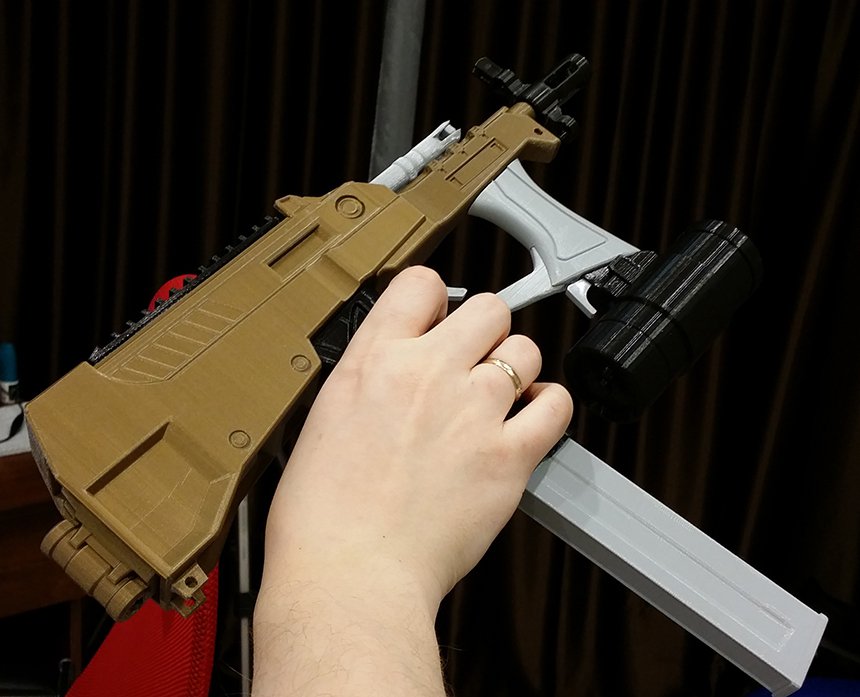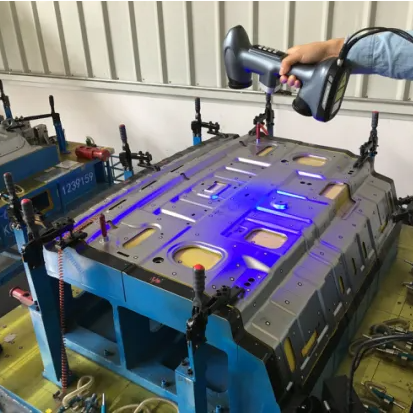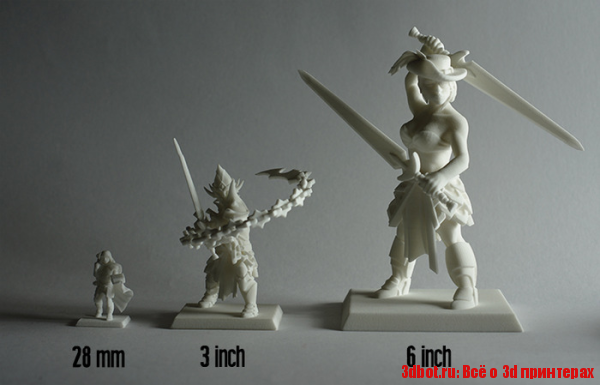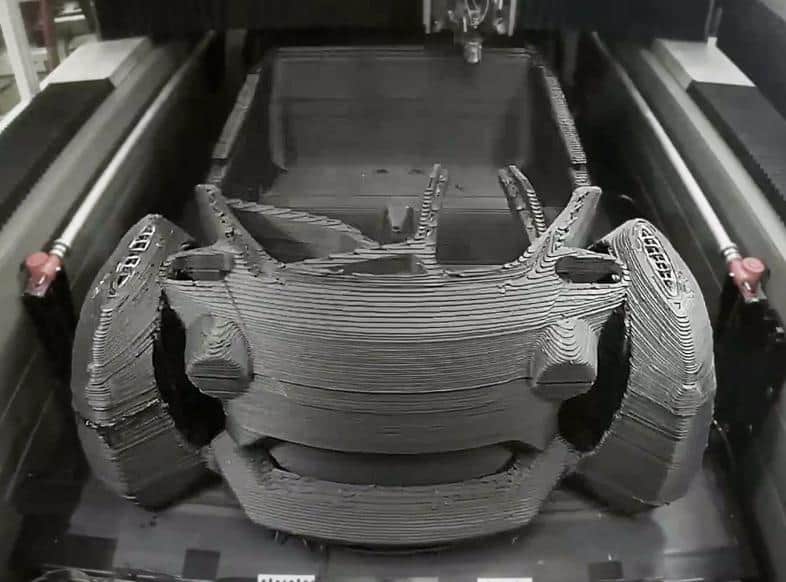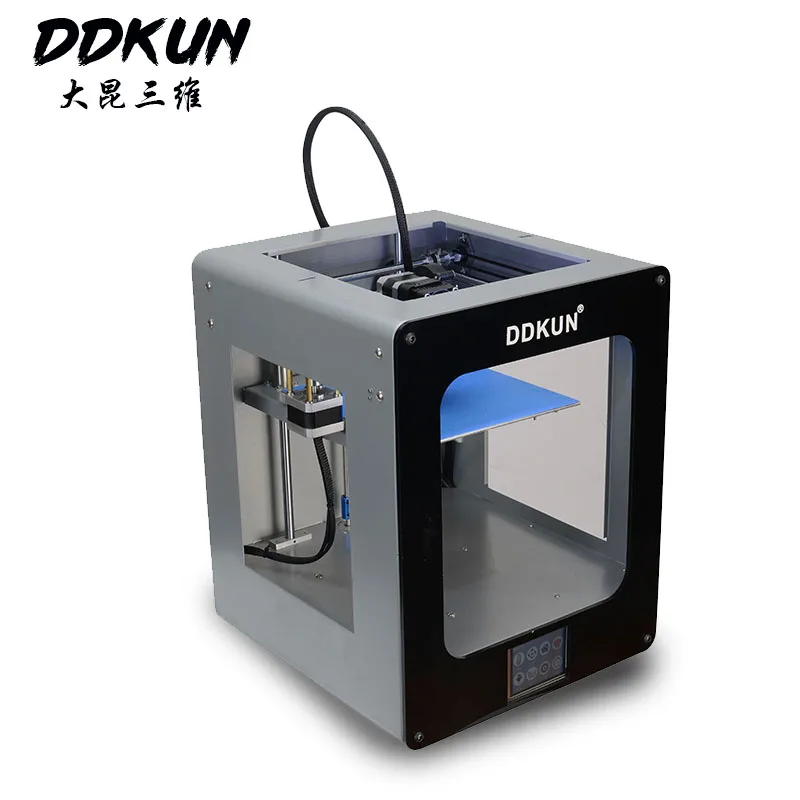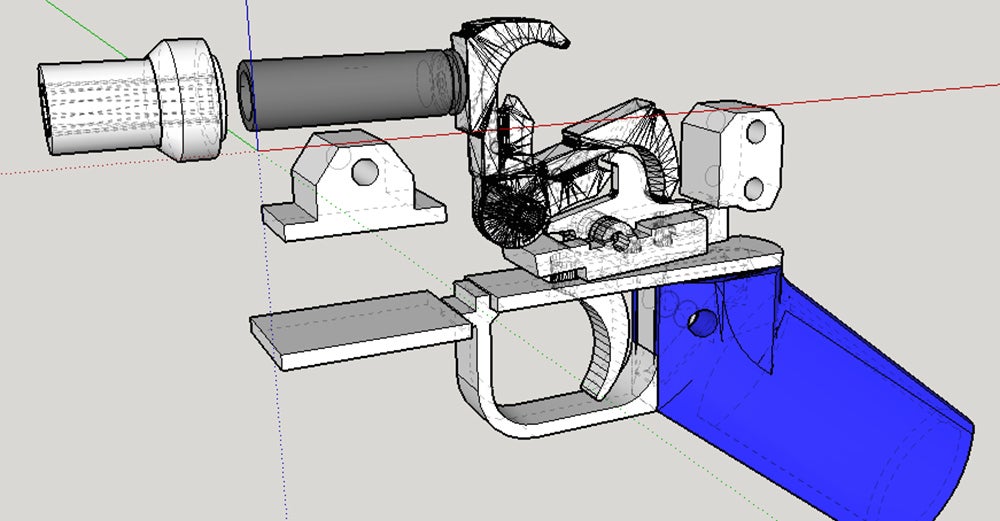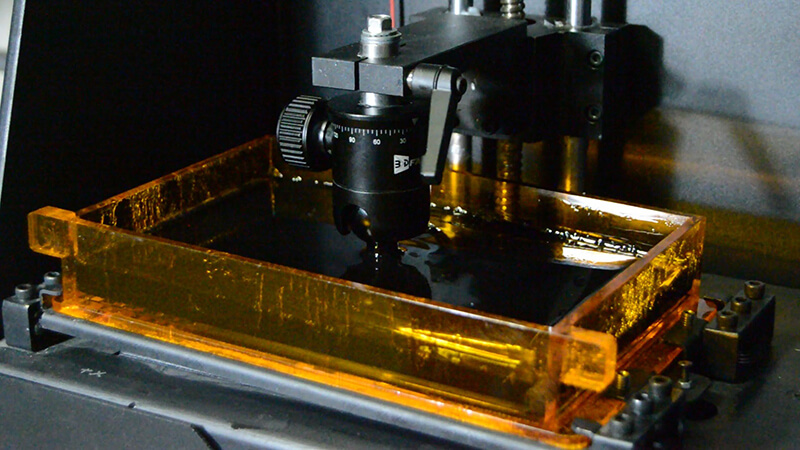Insstek 3d printer
InssTek announces new 3D printing milestones for medical and aerospace applications
0Shares
Korean metal 3D printing company InssTek has announced a couple of significant milestones achieved with its various Direct Energy Deposition (DED) additive manufacturing technologies.
InssTek is proficient in Direct Metal Tooling (DMT) technology, having previously deployed it to repair parts of the South Korean Air Force’s F-15K fighter jets. Back in 2016, the company teamed up with Z3DLAB France to offer its customers the best in advanced materials for aerospace parts repair and medical implants. The company’s MX 1000 metal 3D printer was also the crowning glory of the Skolkovo Institute of Science and Technology (Skoltech)’s Additive Manufacturing Laboratory upon its opening in 2017.
Now, the company’s technologies have contributed to the fabrication of a 3D printed artificial hip joint that has received approval from the US Food and Drug Administration (FDA), and to the production of a multi-material rocket nozzle for the aerospace sector.
Receiving FDA approval
The first new development from InssTek is a 3D printed artificial hip joint and cup component, fabricated using its Metal Porous Coating (MPC) technology. MPC is a DED additive manufacturing technique that works by 3D printing patterns of porous structures onto the surface of artificial joints using medical-grade titanium powder.
The method differs from conventional techniques by melting and combining the artificial joint and titanium powders together to form one alloy, of which the optimal roughness and pore structure can be achieved.
Using its MPC technology, InssTek successfully coated a BENCOX Mirabo Z Cup Cortinium artificial hip joint cup manufactured by Korean artificial limb developer Corentec. The artificial joint has since received FDA approval, prompting InssTek to apply its MPC technology to cobalt-chromium alloys for artificial knee and ankle joints.
The company is currently carrying out further research into how it can leverage MPC for various other industrial applications within the semiconductor and aerospace sectors.
3D printing has the potential to enable faster and more accurate surgeries, particularly regarding titanium materials that have already been verified for biocompatibility. Just recently, a group of researchers from Korean hospitals carried out a study to verify the effectiveness and safety of 3D printed patient-specific titanium implants on maxillofacial bones, while Health Canada approved its first 3D printed titanium medical implant in December.
3D printing the artificial hip joint with MPC technology. Photo via InnsTek.Multi-material 3D printing
The second development announced by the firm involves the successful 3D printing of a rocket nozzle for the aerospace sector.
Due to the extreme environments aerospace parts, and in particular rocket nozzles, operate within, the parts often have several varying requirements. For instance, within a rocket nozzle, the working temperature and heat flow are different in the lower and upper regions of the part and therefore require different materials for optimal performance.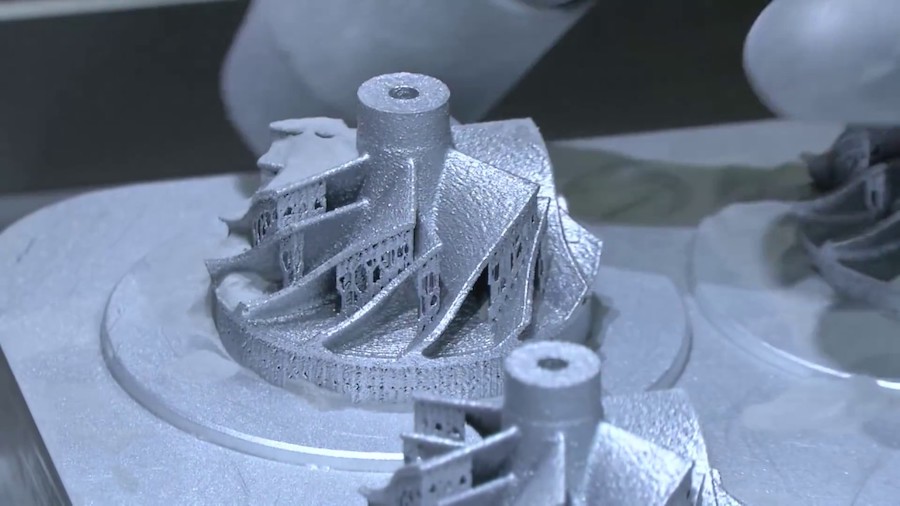
As a result, there is increased demand within the aerospace sector for the use of different materials in a single part, however binding two different materials together still proves a challenging feat in terms of surface adhesion, weakness, and instability. As a result, many metal 3D printing technologies tend to manufacture parts in a single material, which is where DED-based methods come into their own.
The InssTek team sought to leverage DED to explore how gradually changing the composition of a material could improve its stability and capability to meet the demand of harsher applications.
To this end, the team deployed its Functionally Graded Material (FGM) technology, a novel DED additive manufacturing technique that combines two materials and gradually alters their composition to produce a multi-material part.
Crucial to the success of the technique is InssTek’s CVM Powder Feeding System, which is designed to ensure stable powder supply during the metal 3D printing process.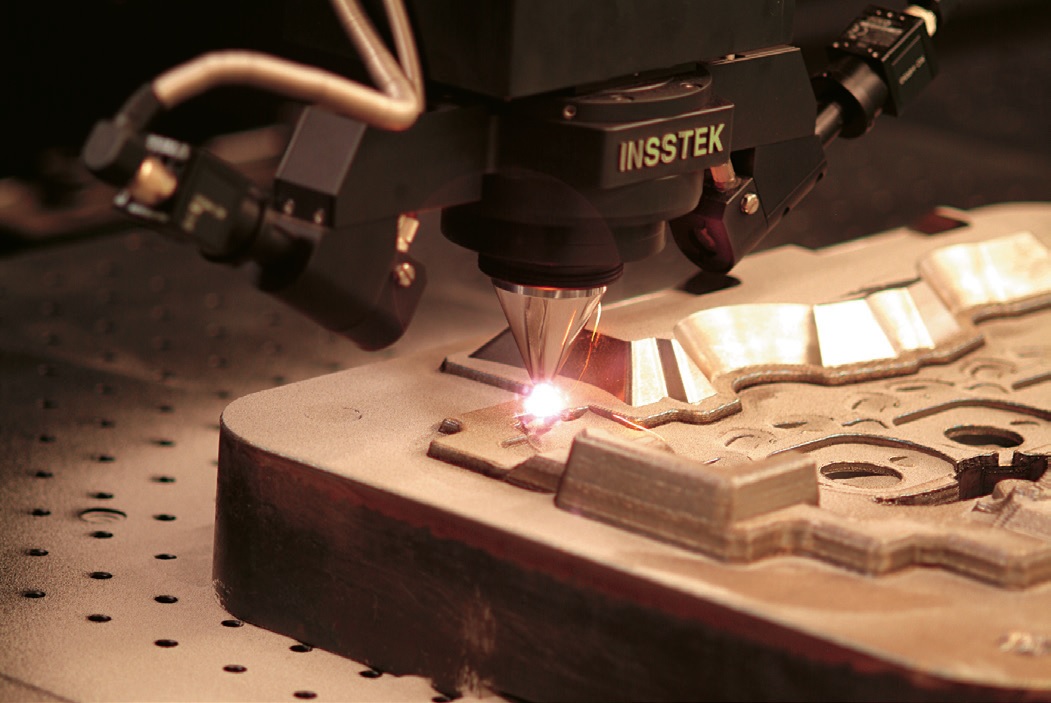 The system can monitor powder supply in real-time and is capable of controlling up to six different powders at any one time.
The system can monitor powder supply in real-time and is capable of controlling up to six different powders at any one time.
Using its FGM method, CVM Powder Feeding System and other material processing technologies, InssTek was able to successfully 3D print a scaled rocket nozzle. The success of the project has prompted the firm to continue researching the application of multi-material metal parts to other fields, such as the aerospace, marine, and medical sectors.
InssTek will be showcasing its new developments, including its MPC technology, at the upcoming IMTS show in Chicago in September and at Formnext in Germany shortly after.
InnsTek’s CVM Powder Feeding System. Photo via InssTek.Subscribe to the 3D Printing Industry newsletter for the latest news in additive manufacturing. You can also stay connected by following us on Twitter and liking us on Facebook.
Looking for a career in additive manufacturing? Visit 3D Printing Jobs for a selection of roles in the industry.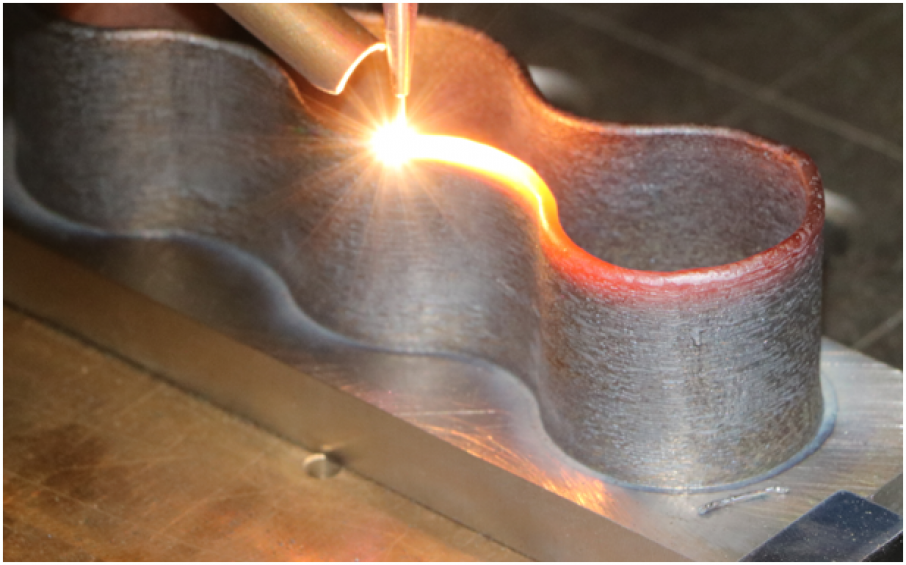
Subscribe to our YouTube channel for the latest 3D printing video shorts, reviews, and webinar replays.
Featured image shows InssTek’s 3D printed rocket nozzle. Image via InnsTek.
Tags Corentec FDA FGM Formnext Health Canada IMTS insstek InssTek CVM Powder Feeding System Insstek MX 1000 MPC Skoltech z3dlab
Hayley Everett
Hayley is a Technology Journalist for 3DPI and has a background in B2B publications spanning manufacturing, tools and cycling. Writing news and features, she holds a keen interest in emerging technologies which are impacting the world we live in.
InssTek 3D prints multi-material FGM rocket nozzle
3D Printing ProcessesAerospaceAM for SpaceMetal Additive ManufacturingMulti-material 3D printing
Functionally Graded Material approach was demonstrated by Insstek as a novel method of combining two metal materials via DED
3D Printing Media NetworkJune 24, 2022
2 minutes read
Stay up to date with everything that is happening in the wonderful world of AM via our LinkedIn community.
InssTek, a metal DED technology developer based in Daejeon, South Korea, succeeded in manufacturing a multi-material Functionaly Grade Material, or FGM, rocket nozzle using different metals (aluminum-bronze alloy and stainless steel) in a single print run. This application proves that aerospace components used in extreme environments can be made using the ideal materials with superior characteristics in each different region of the same part. As confirmed by NASA and other space companies, the ability to produce single parts using different metals is expected to be a key enabling technology for the growing space industry market.
Many aerospace components are used in extreme environments.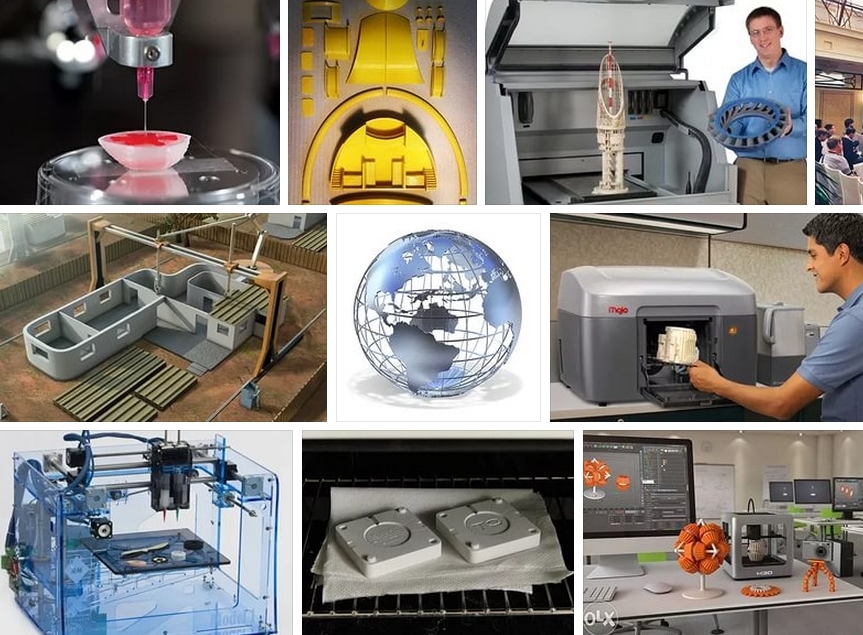 Rocket nozzles in particular have different requirements with many different parameters. For example, the working temperature and heat flow are different in the upper and lower regions of the nozzle, thus the preferred types of materials may vary for each region.
Rocket nozzles in particular have different requirements with many different parameters. For example, the working temperature and heat flow are different in the upper and lower regions of the nozzle, thus the preferred types of materials may vary for each region.
While this has led to an increasing demand to apply different materials in each area of the same part, the ability to safely and effectively bind together the two different materials remains a challenge, with the contact becoming too weak due to the difference in characteristics of each material. Innstek demonstrated that when the composition of the materials is changed gradually, through the precision of metal deposition AM technology, it can produce a more stable material that can withstand harsher conditions in extreme applications.
Thus, Functionally Graded Material (FGM) approach was demonstrated by Insstek as a novel method of combining two metal materials, gradually changing the composition of the two different materials to produce a multi-material part.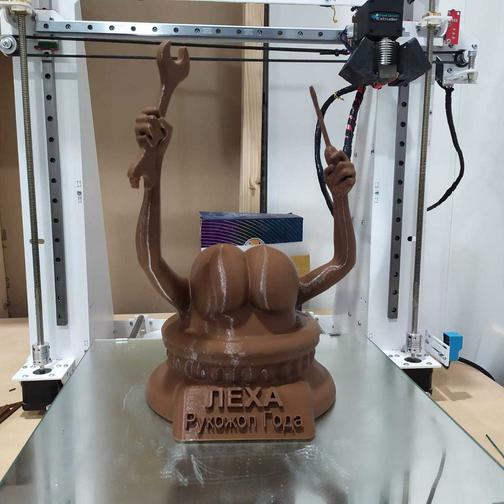
Most metal 3D printing technologies such as casting, forging, and cutting, manufacture parts with a single material. However, Direct Energy Deposition (DED) offers a significant advantage by enabling the use of multiple materials. When 3D printing with multi-materials, the most important technology is the “Powder Supply” technology. It should supply stable quantities for a long time throughout the print and also supply multiple powders at the same time, as the properties of a metal alloy can be easily changed by the composition of the different elements. Thus “Accurate Control ” and “Multiple Powder Feeding” technology is essential.
InssTek’s CVM Powder Feeding System technology does just that: it provides a more stable powder supply during the metal 3D printing process. It can be controlled within ±5% of the target amount by monitoring the powder supply in real-time. In addition, it is an optimized technology for manufacturing multi-material parts with a new composition by independently controlling up to six different powders.
InssTek has its own HW, SW, and material processing technologies that can be used to manufacture multi-material parts. Based on these technologies, InssTek succeeded in producing the actual scale rocket nozzle into Functionally Graded Material. Research is underway to apply multi-material parts to diverse fields such as aerospace, marine, and medical industry.
InssTek will be exhibiting at IMTS, in Chicago this September, and at Formnext in Frankfurt, Germany, this November to showcase various metal 3D printing technologies, including its Multi-Material Manufacturing capabilities.
Related Articles
Back to top button
when government initiatives are useful / Sudo Null IT News
It looks like very soon Yekaterinburg will become an ideal city for starting hardware projects. Here, even a government initiative can bring considerable benefits to the emerging business. You just need to know the passwords and appearances. We are pleased to reveal one of these appearances to you today. There are more than 25 clickable photos under the cut (traffic!). Ready?
We are pleased to reveal one of these appearances to you today. There are more than 25 clickable photos under the cut (traffic!). Ready?
"Innovation and Implementation Center for Prototyping and Prototyping of UrFU" is located in Yekaterinburg at ul. Komsomolskaya, d.61. We pass through the hall, past the guard, we need office number 102. nine0007
Turn left.
We enter a large bright room. It all starts quite simply and harmlessly. Two tables. Soldering stations ERSA 2000A Micro + ERSA I-CON2000A. Microscope.
But heavy artillery appears behind them. PCB prototyping area.
Equipment set LPKF Laser & Electronics
The drilling and milling plotter LPKF ProtoMat S43 opens the complex. Rotation speed 40,000 rpm. Maximum travel speed 150 mm/sec (approx. 6”/sec). nine0007
Dust extraction system. vacuum table. Measuring microscope. Set of cutters.
LPKF Multipress S Lab Hydraulic Press. Behind it you can see the LPKF Protoflow E Convection Reflow Oven.
and preparing the product for frying in a convection oven. Device for manual assembly of components of printed circuit boards LPKF ProtoPlace E. Soldering station ERSA I-CON2000A. Machine for applying solder paste LPKF ProtoPrint-E. nine0007
Developer for working with photoresist LPKF-117050.
Test equipment
Laboratory power supply GW INSTEK GPS-3303. Electric power meter GW INSTEK GPM-8212. Digital storage oscilloscope GW INSTEK GDS-2202. High-frequency generator G4-218/1. Immittance meter GW INSTEK LCR-816.
Digital signal analyzer (more on functionality here) based on the NI PXle-1082 chassis. nine0007
Industrial 3D printing
Completing the circle around the room, we stumble upon such a monster. ZPrinter 650 is engaged in inkjet printing of gypsum polymer (3DP technology). Construction area dimensions: 254x381x203 mm. Layer thickness: 0.1 mm. Colour: CMYK.
Principle of operation: application of a layer of gypsum, full-color printing with a special polymer, vertical shift of the platform down, repetition of the sequence of actions. Print chamber:
Cleaning chamber for the finished product:
Such beauty is the result of the printer's activity:
We remind you that we have a VKontakte group. Join it, ask questions, offer ideas. Are looking forward to.
2803070004 from 17279.85 rubles, 8 pcs available, manufacturer DSM
DSM
8 pcs.
17279.85 ₽ nine0007
Technical Data Sheet (161.64KB) EN
PDF, 161.64 KB
Description
DSM - 2803070004 - 3D Printer Filament, Novamid Series, 2.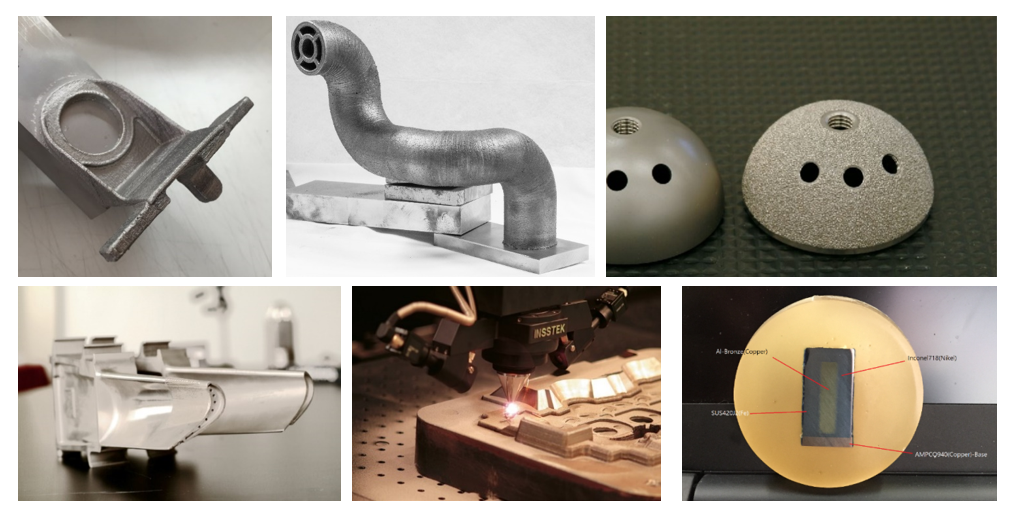 85mm Dia, Black, Nylon 6/66, 220 ° C
85mm Dia, Black, Nylon 6/66, 220 ° C
Nomenclature number
9000 OC3381622 9000 905 CONDITIONS 4-7 905 Conditions 4- all taxesDelivery time: 4-7 weeks
-
1+
17279.85 ₽
2803070004 specifications:
| Manufacturer | DSM | nine0138
| Product Line | Novamid Series |
| Melting Temperature Max | 220 |
| Fill Color | Black |
| Filler Material | Nylon 6/66 (Polyamide 6/66) |
| Melting Temperature Min | - |
| Filament Weight | - |
| Diameter | nine0132 2.
Call me back
Thank you!
Your request has been sent. In the near future we will contact you at the specified contacts.
Item added to cart
2803070004
Delivery time: 10-15 business days
Congratulations!
You have received free shipping on your order
Continue shopping
Proceed to order
Error!
The quantity ordered is not a multiple. The correct amount must be a multiple of .
Sorry, an error occurred
2803070004
Delivery time: 5-12 days
Continue shopping
Register
and get a discount of 100₽
on your first order
Enter your mobile phone number
By clicking on the "Receive SMS with registration code" button, you accept the terms of the user agreement. nine0007
Enter your personal account
and get a discount
on order
Enter your mobile phone number
By clicking on the "Receive SMS with access code" button, you accept the terms of the user agreement.


